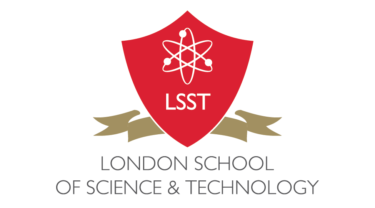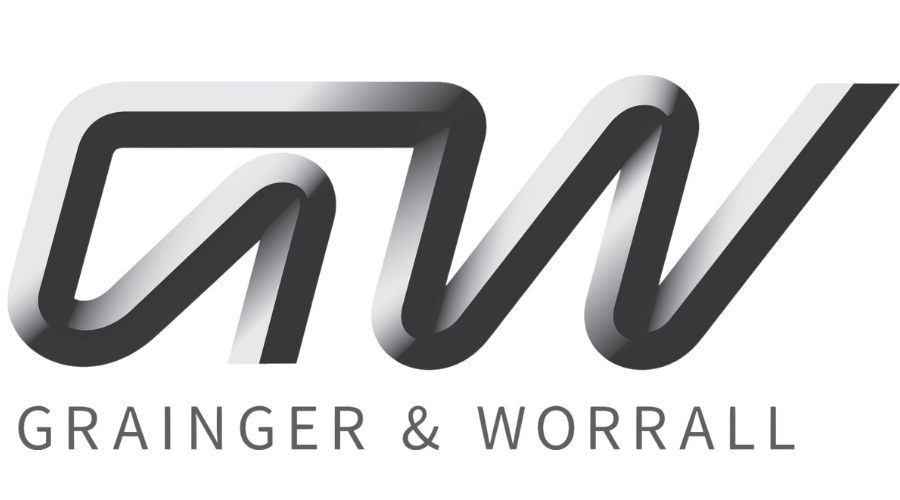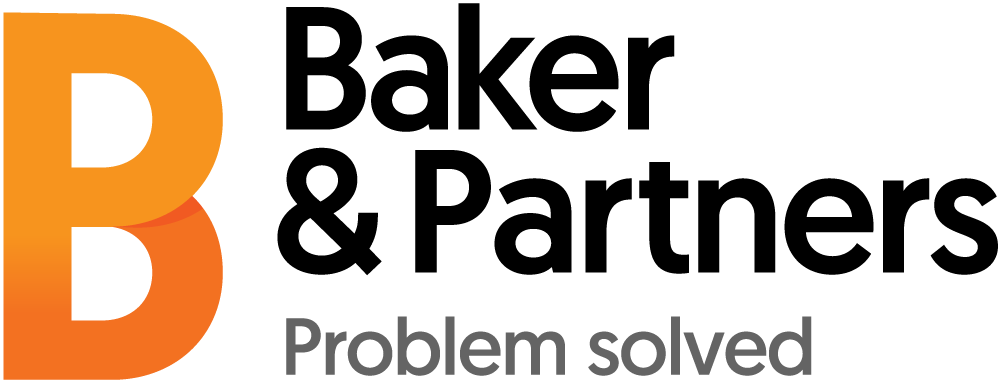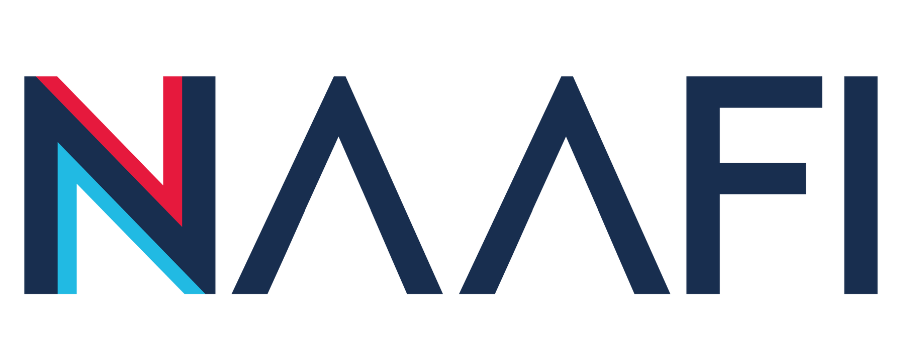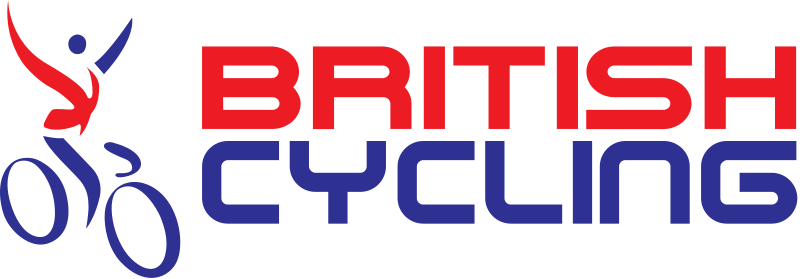The Role of AI in Diversity, Equity, and Inclusion: Advancing HR Strategies for a More Inclusive Workplace
Leveraging AI for Bias-Free Recruitment and Hiring
In today's increasingly diverse and inclusive workplaces, ensuring bias-free recruitment and hiring practices is of paramount importance. This is where the power of Artificial Intelligence (AI) can be harnessed to revolutionize HR strategies. AI technologies can analyze large volumes of data without human bias, leading to more objective and fair recruitment and hiring processes.
By leveraging AI for bias-free recruitment and hiring, HR teams can eliminate unconscious biases that may unintentionally influence decision-making. AI-powered recruitment tools can analyze resumes, job applications, and other candidate data to identify and shortlist qualified candidates based solely on their skills, qualifications, and experience. These tools can also help to remove identifying information such as names, genders, and ages, to further eliminate bias and promote diversity in the recruitment process.
In addition, AI can also help HR teams to identify potential biases in job descriptions and language used in job postings, which may unintentionally discourage diverse candidates from applying. AI-powered tools can provide suggestions for more inclusive language, making job postings more appealing and accessible to a diverse pool of candidates. By leveraging AI in recruitment and hiring, organizations can create a more inclusive workplace by fostering diversity at the very beginning of the employee lifecycle.
Promoting Diversity and Inclusion Through AI-Driven Talent Management
Promoting diversity and inclusion in the workplace goes beyond just recruitment and hiring. It requires a comprehensive talent management approach that encompasses various HR processes, and AI can play a pivotal role in driving these efforts. AI-driven talent management tools can help organizations identify and address potential bias and disparities throughout the employee lifecycle.
For instance, AI can be used to analyze performance reviews and feedback to identify any unconscious biases in evaluations. By using AI algorithms to analyze language patterns and tone in performance feedback, HR teams can identify potential biases and take corrective measures to ensure fair and unbiased evaluations. AI-powered talent management tools can also provide insights on pay equity, identifying any disparities in compensation based on gender, ethnicity, or other protected characteristics, and allowing organizations to take corrective actions to address these disparities.
Furthermore, AI can be utilized to identify skill gaps and provide personalized learning and development opportunities for employees from diverse backgrounds. AI-powered learning platforms can analyze employee data, such as job roles, skills, and learning preferences, to recommend customized training programs that promote diversity and inclusion. By leveraging AI in talent management, organizations can proactively address potential biases, promote diversity, and create a more inclusive work environment where all employees can thrive.
Addressing Unconscious Bias with AI-Powered Training and Development
Unconscious biases are deep-rooted biases that individuals hold unconsciously, often influenced by societal and cultural factors. These biases can impact decision-making in the workplace, including talent management processes such as performance evaluations, promotions, and succession planning. AI can be used to tackle unconscious biases by providing targeted training and development opportunities for employees.
AI-powered training and development programs can analyze a range of data, such as employee demographics, performance data, and feedback, to identify potential biases in decision-making. For example, AI algorithms can identify patterns of bias in performance evaluations, such as gender or race-based disparities in feedback or ratings. Based on these insights, AI can then recommend targeted training programs to address these biases, such as diversity and inclusion training, unconscious bias training, and inclusive leadership training.
By leveraging AI in training and development, organizations can proactively address unconscious biases and create a more inclusive and equitable work environment. By providing targeted training and development opportunities, employees can become more aware of their biases and learn strategies to mitigate them, resulting in fairer and more inclusive decision-making processes.
In conclusion, AI has the potential to play a significant role in advancing diversity, equity, and inclusion in the workplace. By leveraging AI in talent management processes such as recruitment, performance evaluations, and training and development, organizations can proactively address potential biases and create a more inclusive work environment. With the power of AI, HR professionals can leverage data-driven insights to identify and address unconscious biases, promote diversity, and foster a more inclusive workplace culture.





